Program News
News and stories about members of the UNC Lineberger Breast Cancer Research Program
-
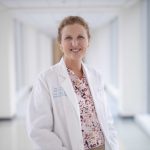
UNC honors Carey for public service contributions
Lisa Carey, MD, ScM, FASCO, was honored for her distinguished service over the years leading outstanding clinical and translational research and her work in eradicating health disparities.
-

UNC researchers present at American Association for Cancer Research’s 115th Annual Meeting
Researchers and trainees from UNC and UNC Lineberger at will present more than 30 talks and participate in scientific and educational panels and discussions on the latest cancer research.
-
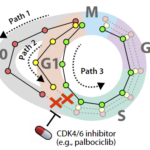
The path of escape: How breast tumor cells avoid common cancer therapy
A team of UNC researchers investigated how cell cycle flexibility allows tumor cells to escape the effect of anti-cancer drugs that target cell division.
-
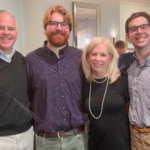
Cancer patients donate tissue to help find new treatments
Missy Van Lokeren was diagnosed with metastatic breast cancer in 2018, and has became a patient advocate spreading awareness for tissue donation through the Patients And Researchers Together (PART) program.
-
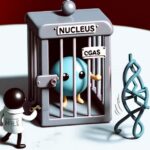
Scientists find ‘key’ to potential breast cancer prevention, treatment
New findings from Gaorav Gupta, MD, PhD, and colleagues show how the cGAS-STING pathway is unleashed to prevent cancer formation by detecting DNA damage within cells.
-
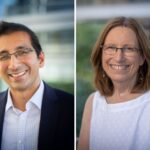
Susan G. Komen® honors Gupta and Spears for advancing breast cancer outcomes
Gaorav Gupta, MD, PhD, and Patricia Spears, FASCO, were recognized for their work to drive discoveries and improve breast cancer patient outcomes.
-
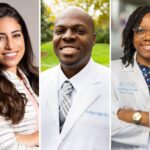
Cancer center faculty receive career development awards from the Robert A. Winn Diversity in Clinical Trials Program
Yara Abdou, MD, Dominique Higgins, MD, PhD, and Joannie Ivory, MD, recently received career development awards from the Robert A. Winn Diversity in Clinical Trials Program.
-
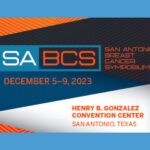
Cancer center researchers to present latest findings at international breast cancer meeting
The San Antonio Breast Cancer Symposium features presentations outlining basic, translational, clinical and community-based study findings focused on advancing the prevention, diagnosis and treatment of breast cancer.
-

From medical provider to patient: Former UNC nurse practitioner maintains positive outlook following breast cancer diagnosis
Sarah Chaires, FNP, never thought that she would slip off the white medical provider lab coat and slip into a patient hospital gown. But everything redirected for the Chaires family when she was diagnosed with HER2-positive breast cancer.
-

Researchers receive five-year, $1.2 million ACS grant to develop, test new methods to track cancer screening
A group of UNC Lineberger researchers led by Katie Reeder-Hayes, MD, MSc, MBA, will develop new methods to measure and map cancer screening across North Carolina.
-

UNC Lineberger faculty named world’s most highly cited researchers
Twelve UNC Lineberger Comprehensive Cancer Center members were named to Clarivate’s 2023 Highly Cited Researchers™ list, which recognized scientists who published papers that ranked in the top 1% of cited publications in their field between 2012-2022.
-
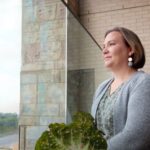
Are more younger women getting breast cancer?
Recent research shows cancer among younger Americans, especially women, is on the rise. UNC Lineberger’s Melissa Troester, PhD, a cancer epidemiologist, breaks down the data and shares what it means for the future of women’s health.
-
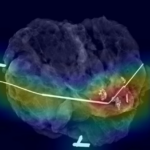
Researchers develop AI model to improve tumor removal accuracy during breast cancer surgery
Kristalyn Gallagher, DO, and colleagues have developed an AI model that can predict whether or not cancerous tissue has been fully removed from the body during breast cancer surgery.
-
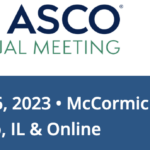
UNC Lineberger research featured at American Society of Clinical Oncology annual meeting
UNC Lineberger members and trainees will present cancer research findings at the 2023 American Society of Clinical Oncology annual meeting in Chicago, June 2-6.
-
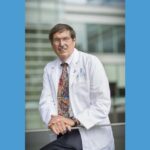
Top UNC cancer researcher receives 2023 Oliver Max Gardner Award
H. Shelton “Shelley” Earp, MD, director of the UNC Lineberger Comprehensive Cancer Center and UNC Cancer Care, received the prestigious Oliver Max Gardner Award.
